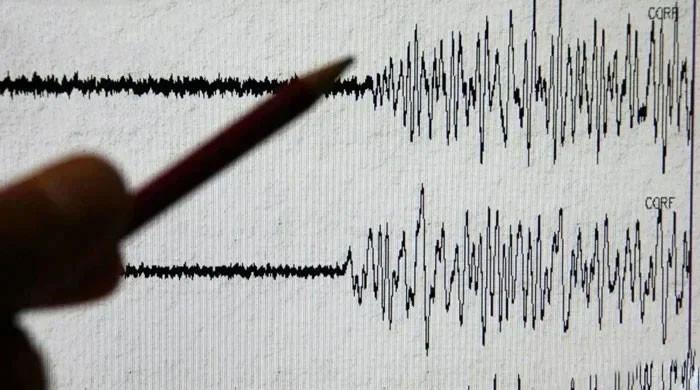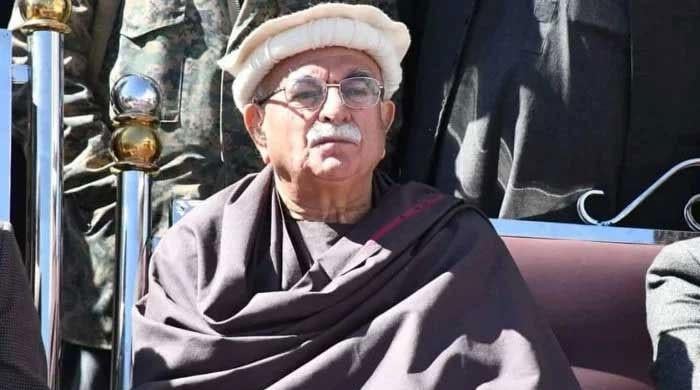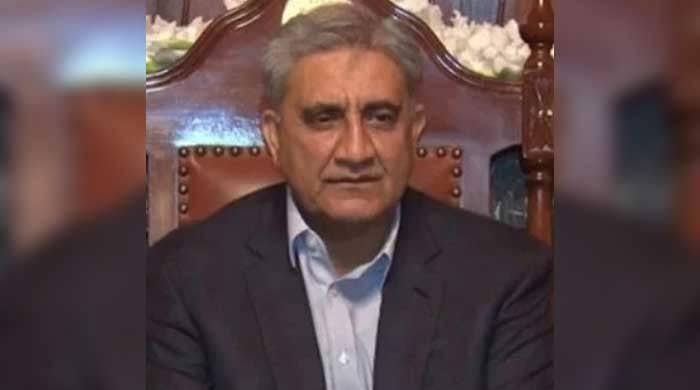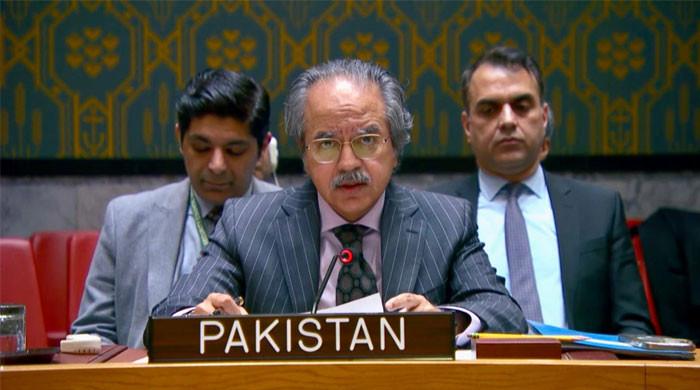Imams in KP to get state stipend
In order to qualify, prayer leaders will have to hold a recognized religious degree.
February 07, 2018
Work has begun. Officials in the Khyber Pakhtunkhwa province are gathering data - basic information, history and references – to shortlist 28,000 imams (prayer leaders). Once the names are finalized each will receive a monthly stipend of Rs. 10,000, under a new scheme introduced by the provincial government, led by the Pakistan Tehreek-e-Insaaf party.
In order to qualify, prayer leaders will have to hold a recognized religious degree, with minimum eight years of education, from any of the five boards of the Deeni Madaris. They must also be permanent residents of the province.
The first honorarium is expected to be transferred directly into the approved imams’ bank accounts before the end of this month, according to a source.
The Khyber Pakhtunkhwa’s cabinet has set aside Rs. 3.25 billion for the plan. According to preliminary information, there are over 20,000 mosques in the province, located in small neighbourhoods and villages.
In January, addressing a gathering, Pervez Khattak, the chief minister of KP, explained the reasoning behind the decision. “Since the state has assumed the responsibility of caring for teachers in the form of payment of salary, why are those imparting religious teachings to the people been deprived of it?”
But the PTI might find its new plans bunkered by conservative circles, who are already kicking up dust. Jamaat Ulema-e-Islam (F), PTI’s rival party in the province, held a conference in September to declare the scheme a ‘Western agenda’ to hire educated clerics. “The ulema will never accept a salary from the government because they are not up for sale,” thundered Maulana Fazlur Rehman, the chief of the party. In another gathering, organized last month, 300 religious leaders labelled the scheme un-Islamic.
Similar conferences are being organized in Dir, Hangu, Malakand, Bannu, Lakki Marwat and Abbottabad, explains Maulana Amanullah Haqqani, leader of the JUI-F, to convince religious leaders to refuse the money. “In Peshawar’s Hayatabad neighbourhood, 45 mosques of the Majlis-e-Ulema have declared that they will not accept the offered stipend,” he adds, “Scholars and the clergy are custodians of the mosques. They are being coerced into giving their support for a bribe.”
With national elections around the corner, critics also see this a ploy by the provincial ruling party to sway religious voters, a constituency that the JUI-F also courts. But Jamaat-e-Islami, which is in alliance with the PTI, rubbished such claims of keeping prayers leaders on the payroll. “We have no ill-intentions,” Habib ur Rehman, KP’s minister of Auqaf, who belongs to the JI, tells Geo.tv, “In fact, this scheme was started by the Muttahida Majlis-e-Amal (MMA) government for the benefit of the religious sector.” The MMA was an alliance of religious parties that won the 2002 elections in the province. Fazlur Rehman’s JUI was also a part of the MMA.











